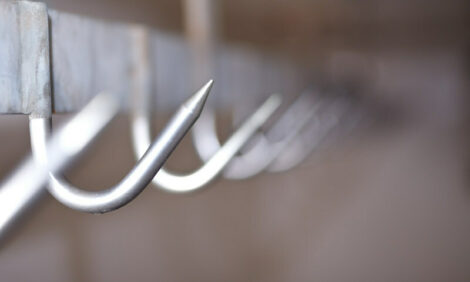



Poultry Pollution Overestimated, Study Finds
US - Federal environmental programs have drastically overestimated poultry industry contributions to water pollution, according to a University of Delaware-led study that could trigger changes to river and bay cleanup plans across Delmarva and around the country.James L. Glancey, a professor in the university’s Bioresources Engineering and Mechanical Engineering departments, said that a multi-state study, based on thousands of manure tests, found that actual nitrogen levels in poultry house manure are 55 per cent lower than the Environmental Protection Agency’s decades-old, lab-based standards.
The results - a nitrogen difference of 20.8 million pounds a year for Sussex County alone - could lead to a formal proposal as early as next month for changes to the Chesapeake Bay Program’s six-state pollution forecasting model, used to guide a federally backed attempt to restore the bay’s health and ecosystems and assign cleanup goals.
"I think this is a precedent-setting kind of thing, but we’re not quite sure how it’s going to propagate through the United States," Professor Glancey said after giving a briefing on the findings at the state Department of Agriculture. "Everyone’s watching it, there’s no doubt about it."
The comments came during a wider session on recent research findings suggesting progress in efforts to to improve groundwater and reduce the number of Delaware waterways designated as "impaired" by runoff containing high levels of fertilizer-like nitrogen and phosphorus.
In a statement released late Tuesday (14 May), the EPA said that the agency has been aware of the studies for more than a year, and that a committee with "diverse participation" had been formed to settle the issue in a timely way.
"While we await submittal of additional data needed, we are hopeful the collective data will show that industry efforts to reduce nutrients in poultry litter is having a positive result," the statement said. "Any decision regarding the use of this information would be made by the Chesapeake Bay Partnership."








